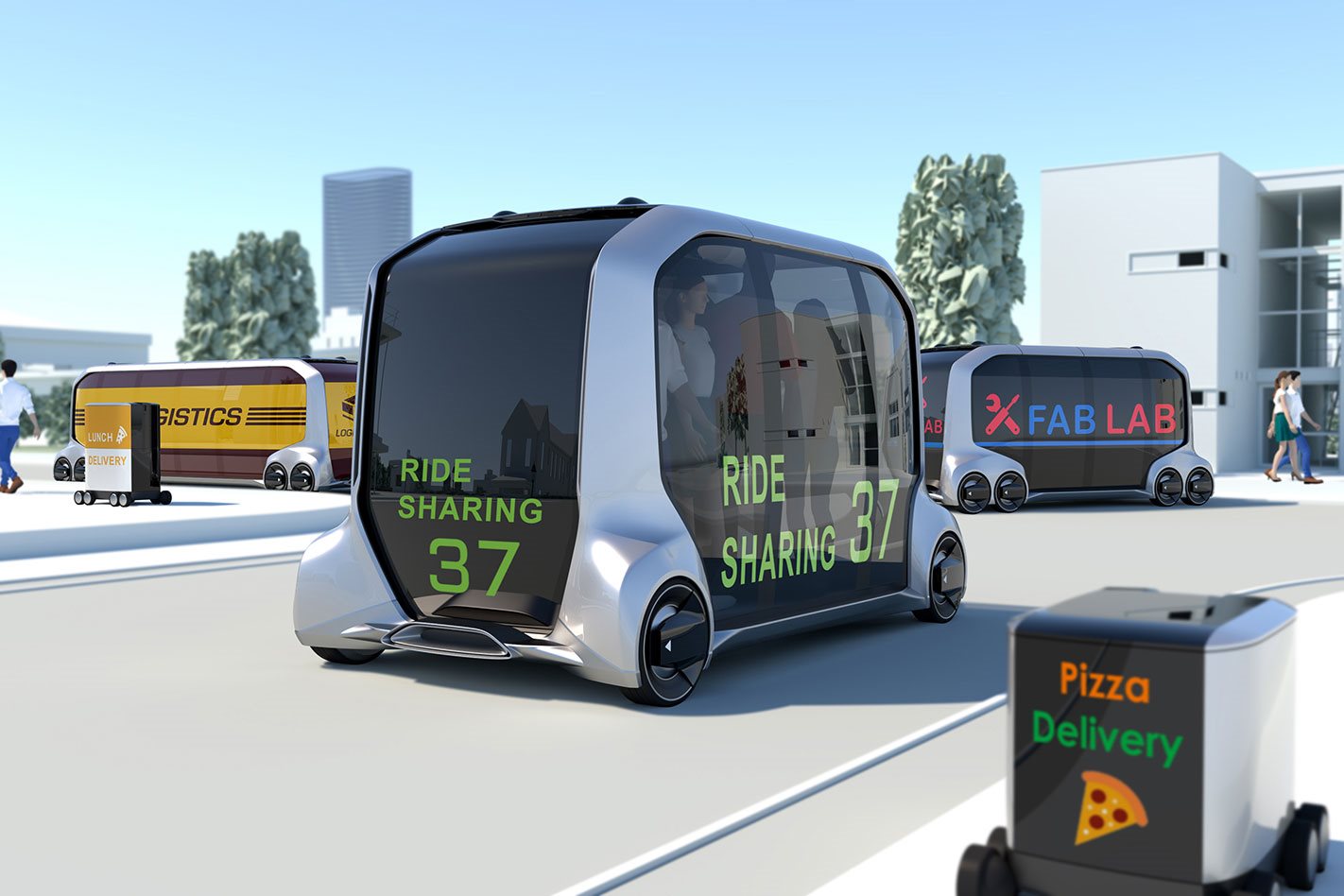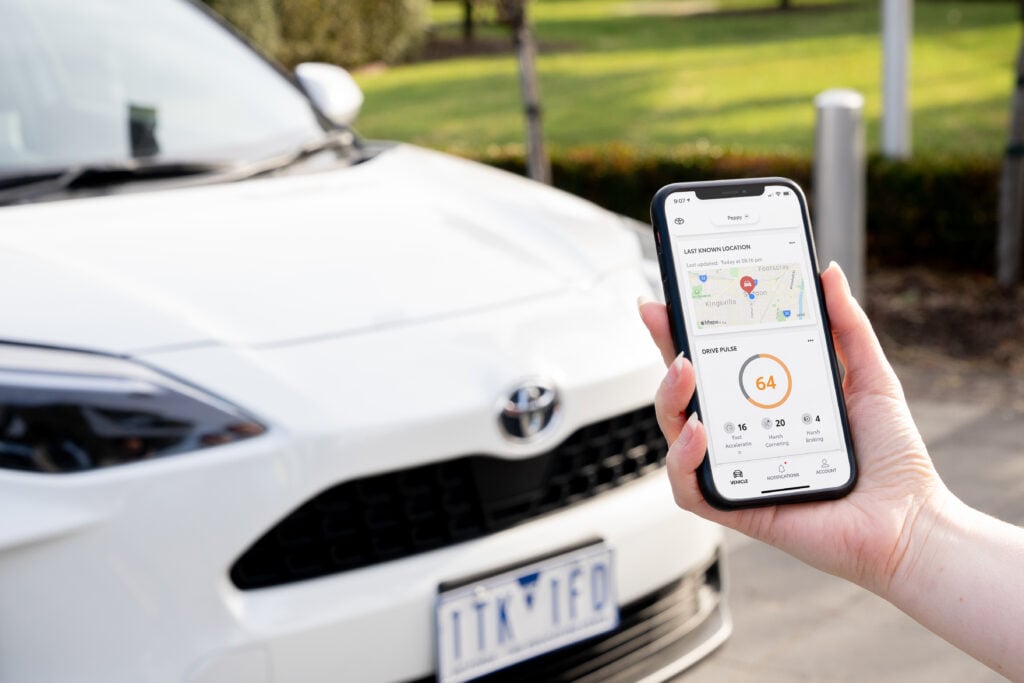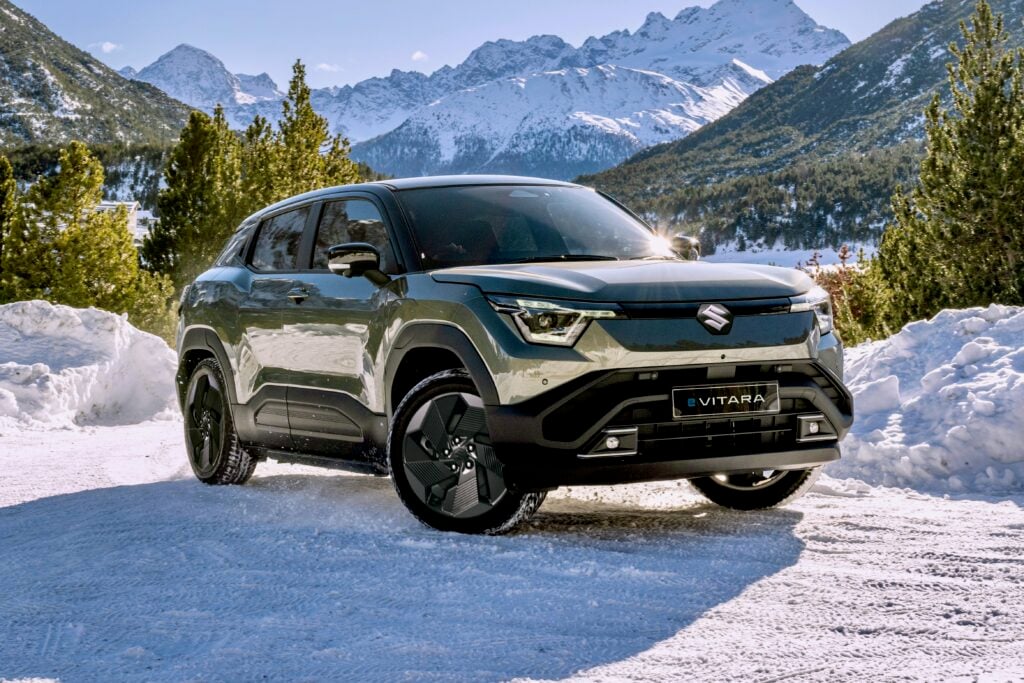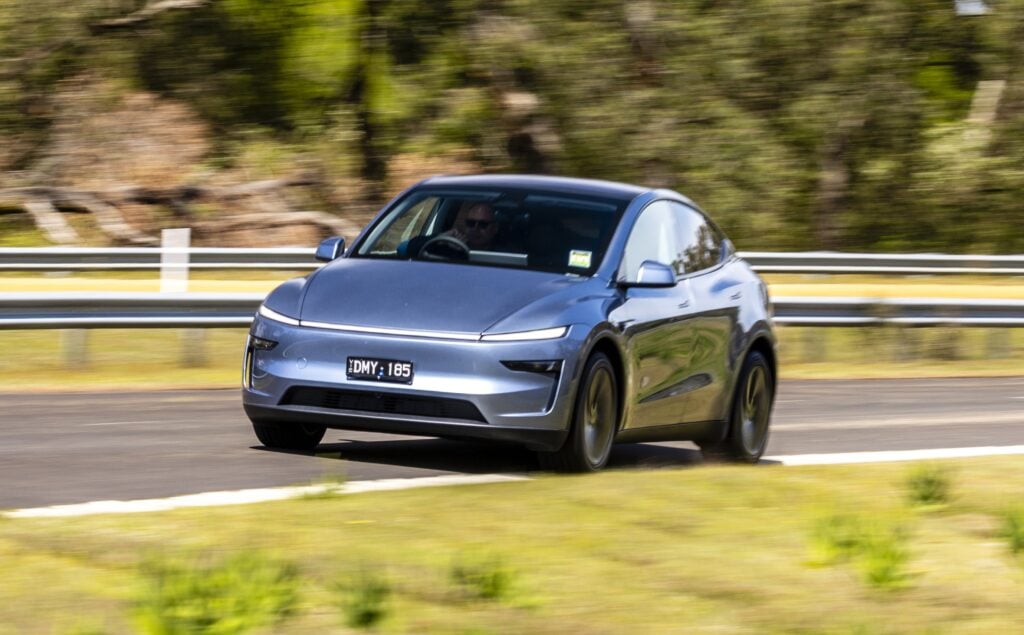TOYOTA has added weight to speculation that the rotary engine will be reborn as a range extender for electric vehicles, revealing that Mazda is a collaborative partner on its new self-driving vehicle platform.
The platform was revealed beneath the Toyota e-Palette self-driving electric mobility concept, a people-moving autonomous bus revealed at this week’s Consumer Electronics Show in Las Vegas.
Among the technology partners listed as contributing to the e-Palette’s development are ride-share service Uber, online shopping behemoth Amazon, fast food chain Pizza Hut – we can pretty much guess why they want in with Japan’s largest car maker – and Mazda.
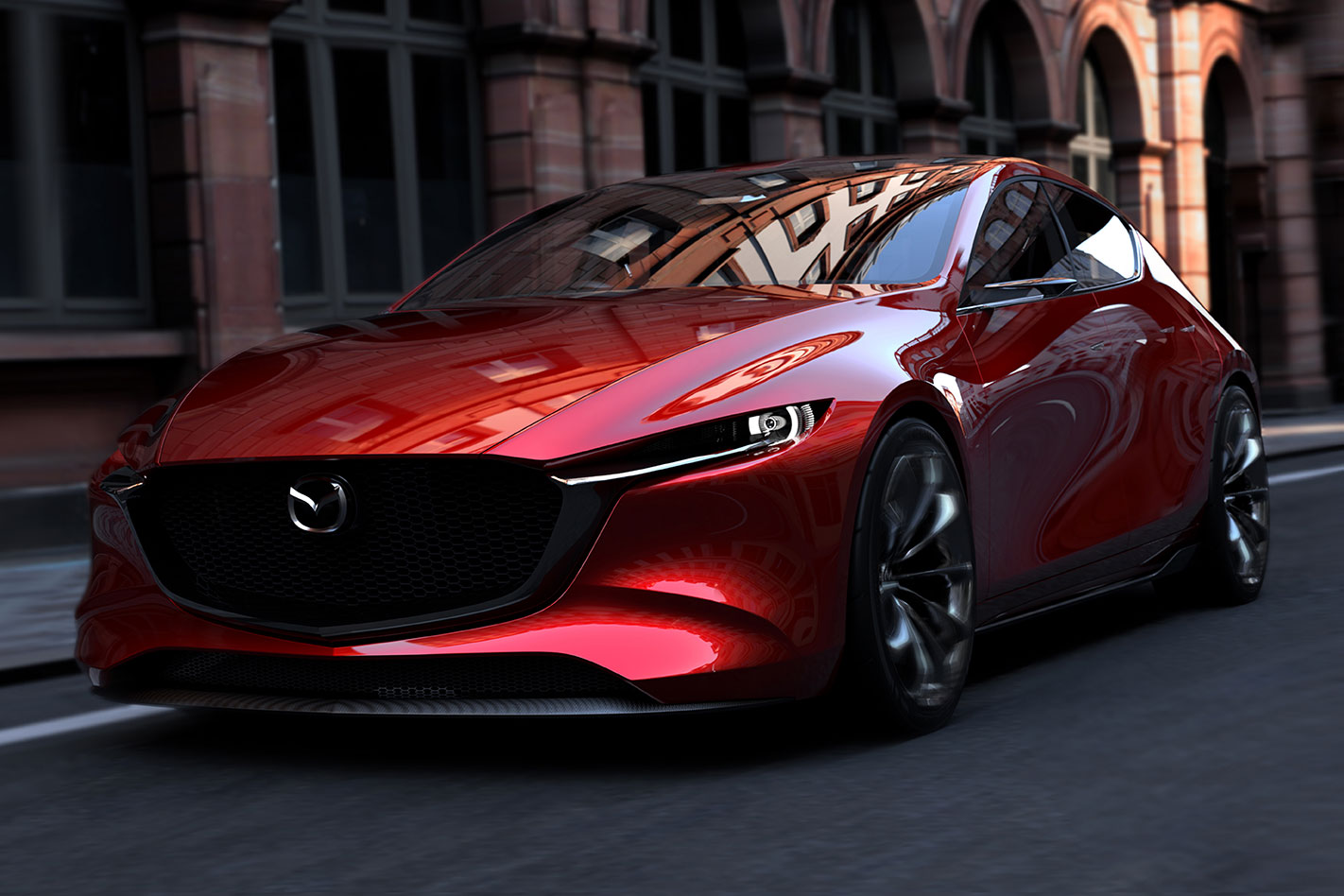
“Mazda will provide technical information on a [rotary engine] range extender to be used in the vehicle being developed,” Brown was quoted as saying, with Green Car Reports making the intellectual leap that it had to be a rotary-powered unit. “We will reveal more details at an appropriate time.”
Mazda has already developed a compact version of its rotary engine that is used to power a modular generator a bit smaller than two medium-sized pizza boxes placed side by side. Several years ago, it had a prototype of the system fitted to a battery-powered Mazda 2 hatch.
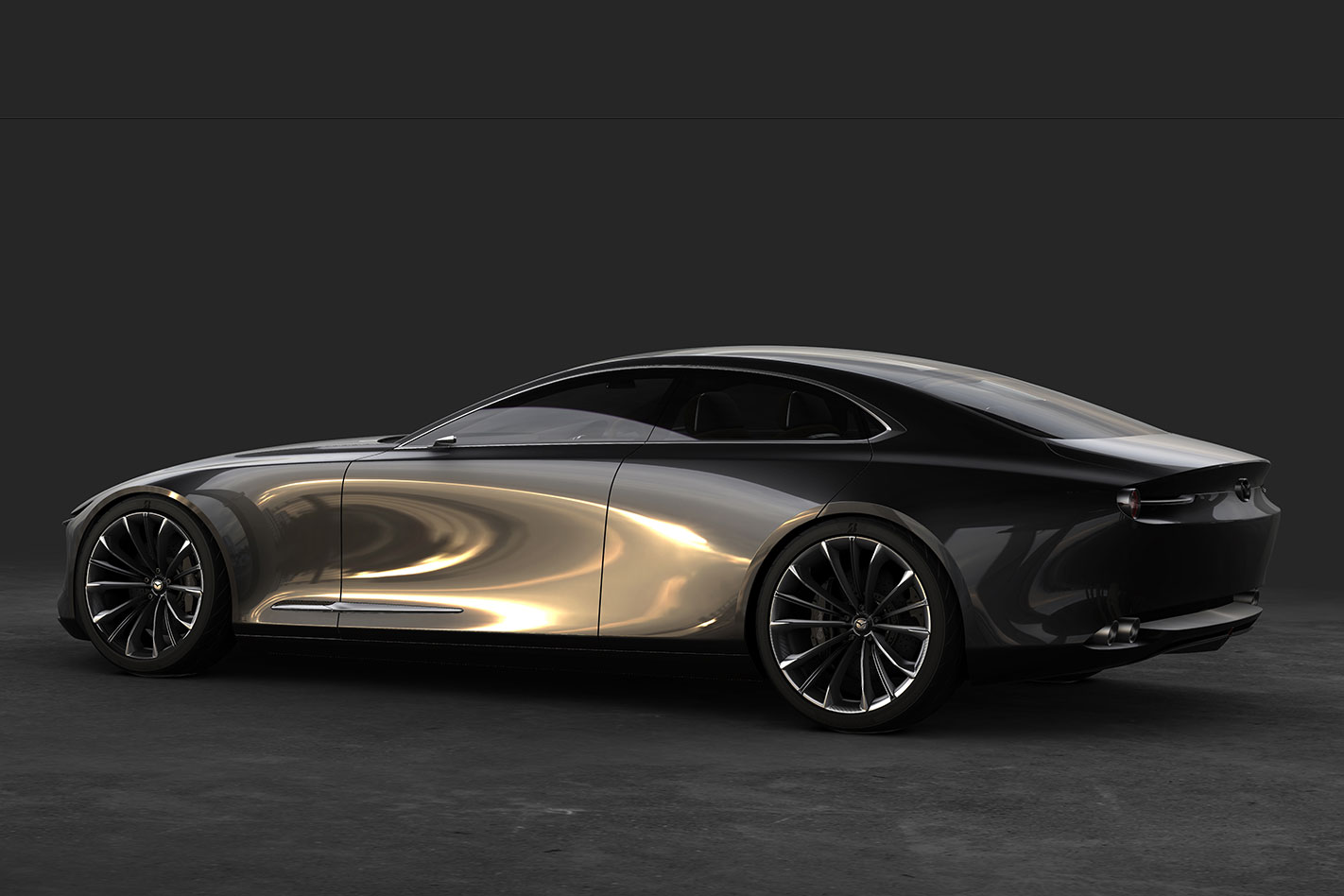
“We needed to solve the problem from the automotive side – we could either increase the amount of battery storage, or think about range extenders,” he said.
Toyota has recently reversed its decision to hold off on developing electric vehicles, saying it would develop at least 10 battery-powered vehicles by the early 2020s after earlier saying the technology was yet to mature. It has now set itself the target of selling a million EVs by 2030, with most sales likely to come from China.
Mazda has hinted its first electric vehicle due in 2019, and shared with Toyota, will include a range extender.

